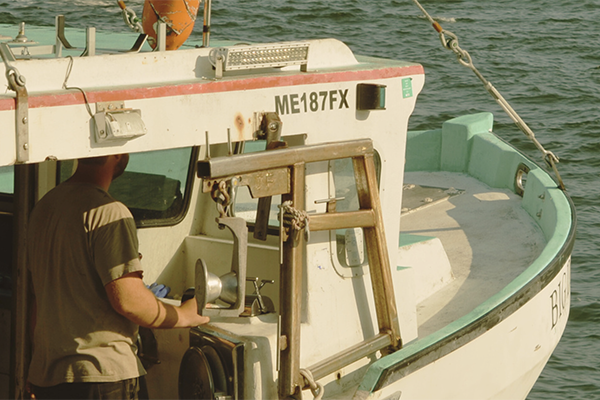
Responsibility
Maine seafood initiative celebrates 1 million meals served to families facing food insecurity
Collaboration between Maine's seafood sector, food banks and schools addressed food insecurity and infused millions into the local economy.
Intelligence
Climate change dictates how oyster farmers operate. To handle heavy rainstorms, Bill Mook's latest adaptation includes underground water tanks.

Responsibility
Collaboration between Maine's seafood sector, food banks and schools addressed food insecurity and infused millions into the local economy.
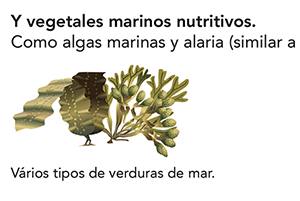
Intelligence
Available in six languages, Hannaford's seafood guide helps newcomers to the United States explore fresh, local options from the Gulf of Maine.
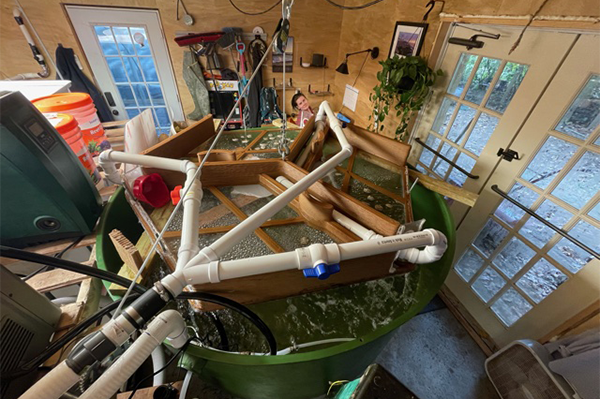
Innovation & Investment
New Maine oyster farm Muddy River Farm Aquaponics will be using a revolutionary new tank for its oysters, one made of 3D-printed wood.
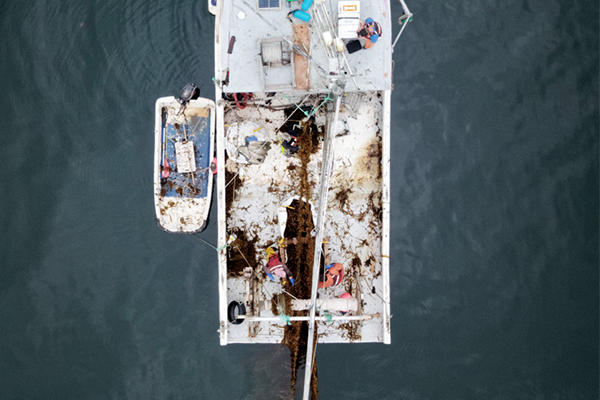
Intelligence
The Maine Aquaculture Association has published a report to help seaweed farmers start and grow sustainable businesses.
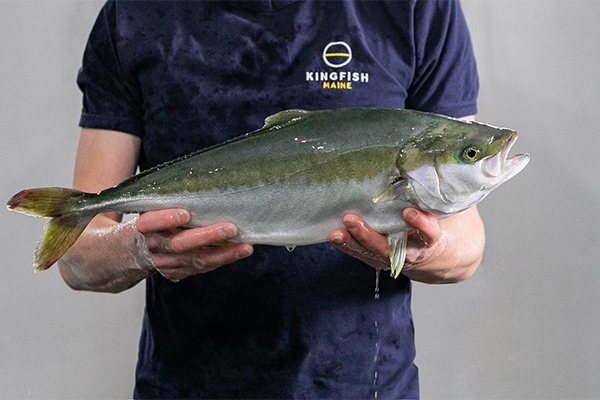
Intelligence
Maine Superior Court upholds Kingfish Maine's site permits in Jonesport, allowing the RAS producer to proceed with its construction plans.
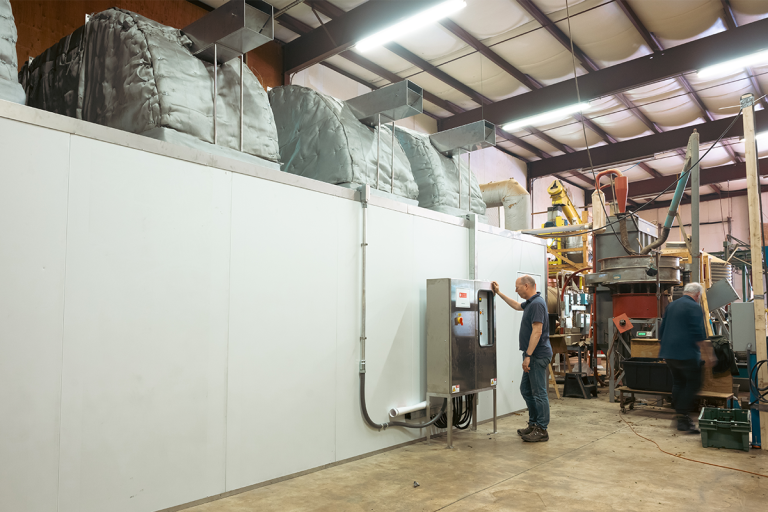
Intelligence
Oceans Balance in Maine secured an industrial kelp dryer from South Africa that has the capacity to process other local seaweed farming producers’ plants.
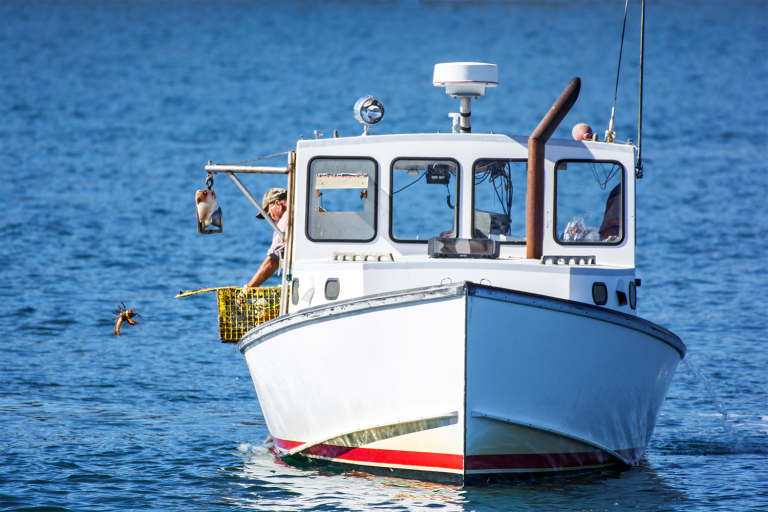
Fisheries
A U.S. court rules NOAA must vacate a biological opinion that found Maine's lobster fishery violated the Endangered Species Act.

Intelligence
Kingfish Maine released a limited run of Dutch yellowtail produced at a RAS facility in Maine, a precursor to its upcoming permanent site.
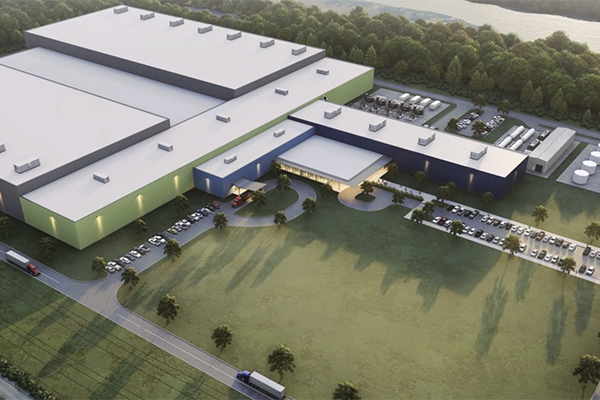
Intelligence
Land-based salmon farm Katahdin Salmon will be built far from the shoreline to where operational costs and conditions might lead to success sooner.
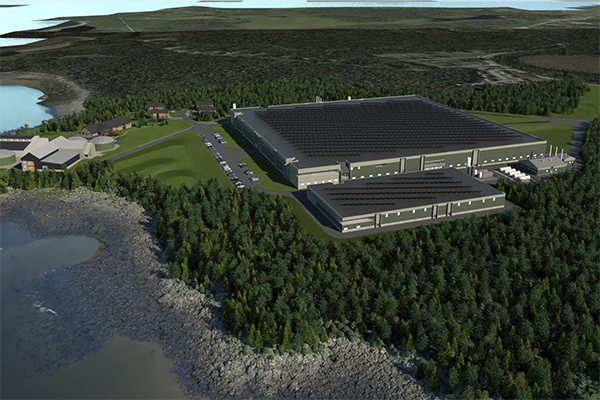
Intelligence
Kingfish Maine has received final approval to start building its new U.S. aquaculture facility in the Town of Jonesport, Maine.
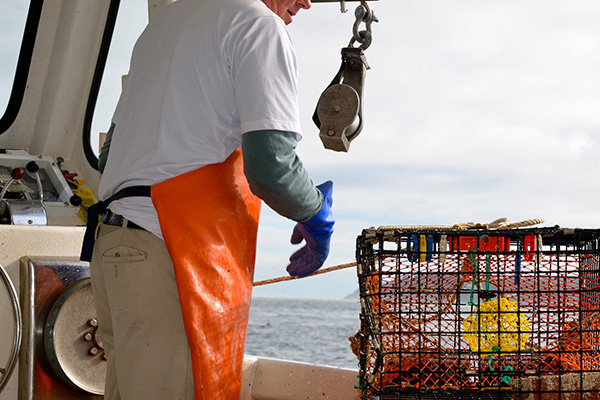
Fisheries
Maine’s governor and Congressional delegation say activists with an "axe to grind" led to the Marine Stewardship Council's decision to suspend Maine lobster’s certification.
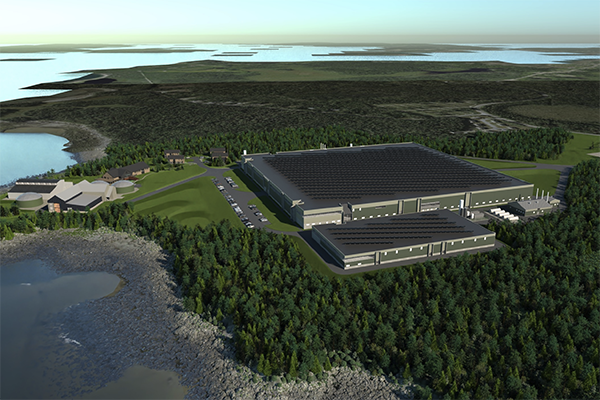
Intelligence
Kingfish Maine has received the Jonesport community support it needed to proceed with its application for a land-based aquaculture facility.
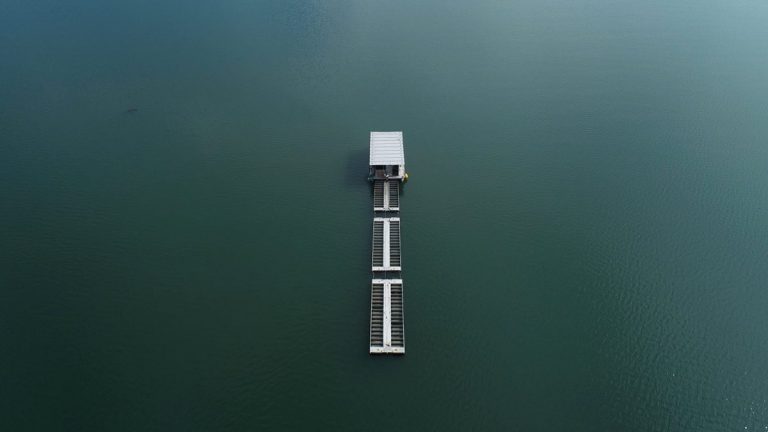
Innovation & Investment
Maine-based Running Tide uses carbon-capture and oyster farming techniques – using both low and high technology – to restore ocean health.
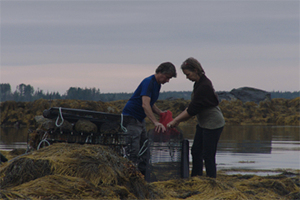
Intelligence
The state's aquaculture association’s new guide will inform producers about distribution channels and how to bring their products to market.
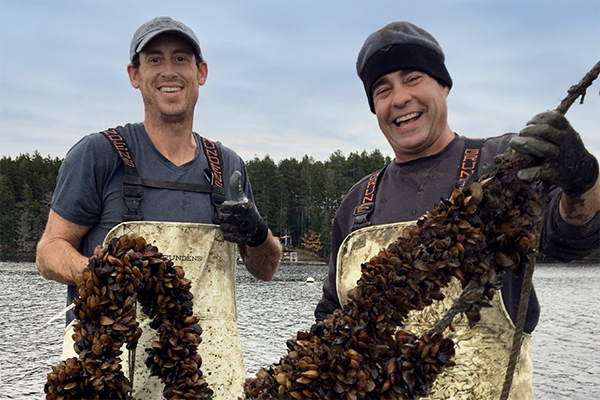
Intelligence
A 10-year plan for Maine's aquaculture industry says $15 million is needed to strengthen the sector and the state's working waterfronts.